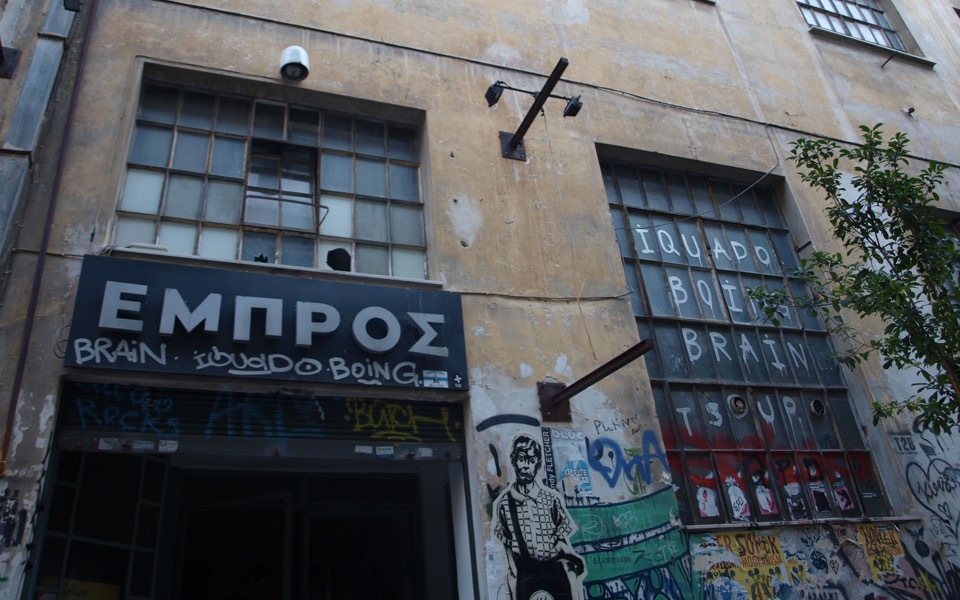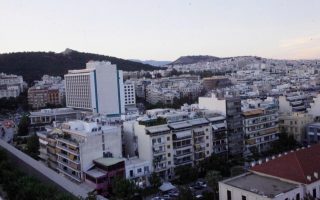A forsaken city

When asked in an interview on Skai TV on Friday morning why the state seems so absent from the center of the Greek capital, Athens Mayor Giorgos Kaminis answered in two words: incompetence and indifference. He didn’t expand on the topic, just said what he wanted to say as briefly as possible.
Let us also present a brief view of the city on a simple walk: starting in the neighborhood of Psyrri and the defunct Embros Theater, where the state-owned building has been taken over by a left-wing collective. Next it’s up Sina Street to Asclepiou and the building that once housed the Fifth Athens High School, now occupied by “solidarity” activists using it as a makeshift migrant shelter. Heading down to Patission Street brings us to the biggest of all the city center’s occupations, that of the historic Athens Polytechnic, where the situation has all the hallmarks of a siege. And what of Exarchia, the neighborhood it’s in? It is emblematic of the ghettoization of Athens in every respect.
Beyond a capital city that received 5 million tourists in 2017, sees the number of its hotels multiplying every year and has almost all the traits of a major metropolis, Athens is also the capital that has 20 public buildings that have come under occupation by different groups and hundreds more waiting to be taken over in a downtown area that has been forsaken by the authorities.
For years, Kathimerini and other media have been pointing out the same problems and making the same recommendations, with a few variations here and there. Should we smile and be content when we hear that the Attikon and Apollon cinemas on Stadiou Street are back in business after years of darkness? Are we supposed to view this as progress? Maybe we would have, a few years ago, but this is no longer the case. This is not progress: It is bypass surgery on a shattered heart.
The more parts of the city that are taken over by destructive, nameless, untouchable and – most importantly – unfettered forces, the deeper the decay is allowed to set in. The more authorities allow time to pass and the rot to sink into the walls of the Polytechnic and other emblematic venues, the greater the influence of sundry anti-establishment “activists,”along with peddlers of counterfeit goods, drug dealers, nameless “solidarity” groups and “community” movements, rampaging fascists, convicted criminals and so on – even they have become part of normality in Athens.
When crime becomes so prevalent and the proper authorities shirk their responsibility, the lawless are left to become a law unto themselves. And when this is the case, it doesn’t really matter whether the state is incompetent and indifferent and the mayor is responsible and decent, but out of step with reality, because the worst will always be a step ahead.




